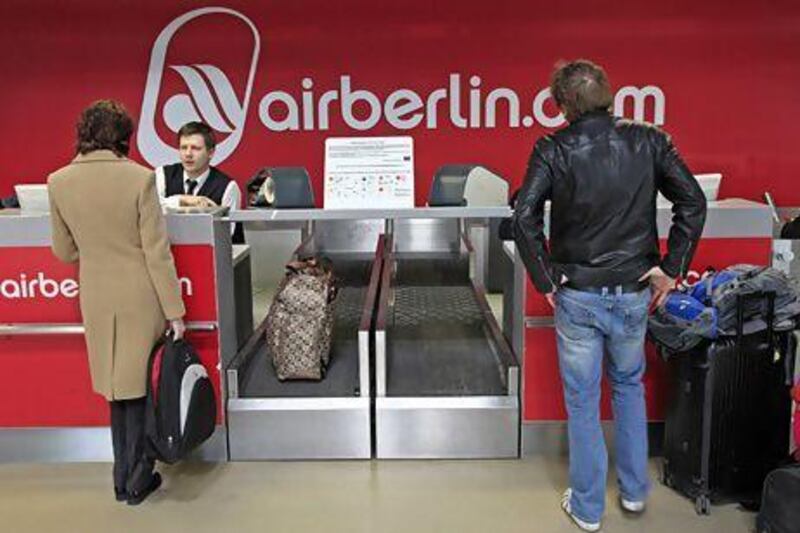A return to profit for Air Seychelles after three years in the loss-making doldrums now means all five of the airlines in the Etihad Airways "equity alliance" are in the black.
When it launched, Etihad's strategy of buying into ailing airlines and using them to funnel passengers into its global network, involved Air Seychelles, Air Berlin, Virgin Australia and Aer Lingus all benefiting from Etihad investment.
The moves were treated with scepticism by the airline industry as a whole, and with outright derision by the neighbours.
"We prefer to buy airplanes than airlines," observed one senior Emirates Airline executive. Akbar Al Baker, the chief executive at Qatar Airways, was even more dismissive.
Analysts at The Centre for Aviation (Capa) disagree.
Peter Harbison, the executive chairman of Capa, described the airline's approach as "mould-changing".
"The strategy of penetrating each of the key regions with targeted partnerships and equity investments has set a new - and irreversible - direction for the aviation industry," he said.
James Hogan, the Etihad president and chief executive, coined the phrase "equity alliance" to define the approach of taking equity stakes in carriers such as Air Seychelles.
"When we took the first steps on this strategy, with our investment in Air Berlin, we described it as a game-changer," said Mr Hogan. "I am pleased to see that it has changed the game, not just for Etihad Airways but for each of our partners.
"These are strong and strengthening businesses, which have outperformed the global market and their own regional markets in 2012."
The airlines' results were boosted by measures including growing codeshare traffic between networks, along with joint sales and marketing efforts.
"Last year was a year in which the global economy remained very tough and in which airline industry profits as a whole shrank, for the second successive year," added Mr Hogan. "Yet each of the airlines in our equity alliance showed strong financial performance with each reporting a profit.
"That broadcasts two messages, loud and clear. First, we have invested in businesses and in management teams which have the vision and focus to outperform the wider industry. Second, the 'win-win' of more passengers and shared cost synergies that our alliance brings to each member is having a positive effect on performance."
Etihad's codeshare with each of the other four airlines adds to its 38 other codeshares around the world, and now delivers more than 1.2 million passengers on to the network. And Air Berlin, Virgin Australia and Air Seychelles have launched new services to Abu Dhabi from their respective markets.
Last year, Etihad and its equity partners carried 76 per cent of all passengers at Abu Dhabi airport. With the addition of the airline's remaining codeshare partners, the combined passenger numbers amounted to 83 per cent.
The carrier also initiated a range of business and cost synergy programmes covering fleet and engine acquisition, maintenance, recruitment and training, and joint marketing. It is working with its equity alliance partners to develop "centres of excellence" in which operational and commercial expertise is pooled.
"On revenues, we have seen major boosts to our own traffic from our equity alliance and our other codeshare partners, generating more than US$600 million [Dh2.2 billion] in additional revenues to Etihad Airways alone during 2012," said James Rigney, Etihad's chief financial officer. "Of course, those are two-way streets, with all our partners being fed passengers from our growing global network."
But some analysts say there are limits to the strategy.
"I have a cautious view," said John Strickland of the London-based aviation consultancy, JLS. "Etihad have made a significant financial commitment to these airlines, and so far it has worked well. However, the results reflect Mr Hogan's willingness to commit his own management into these other airlines. He will obviously be placing the best in order to quickly turn them around, but he only has a finite pool of talent.
"Can you afford to roll out this strategy indefinitely without ending up with your own management team spread too thinly?"





